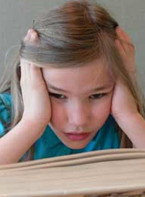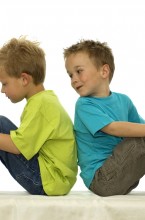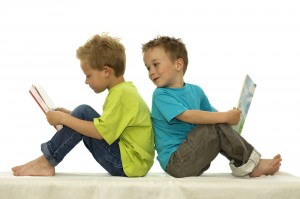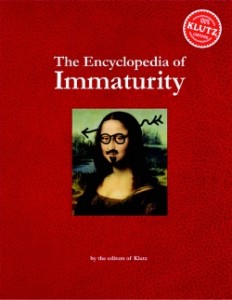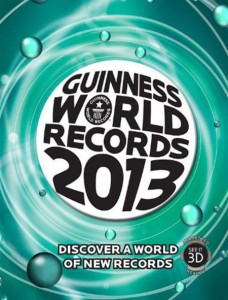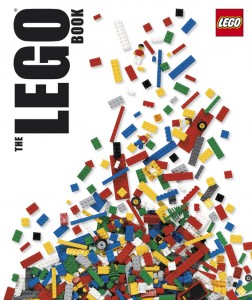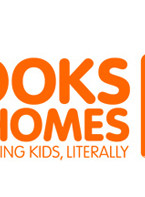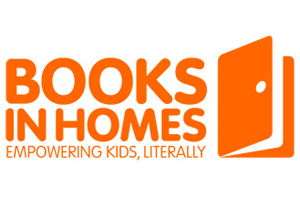 How do you help your newly-reading child choose a book that they both want to read and that they are able to read? Possibly the best tip on this I have ever been taught is the five-finger rule.
How do you help your newly-reading child choose a book that they both want to read and that they are able to read? Possibly the best tip on this I have ever been taught is the five-finger rule.
When you are in the library or bookshop, head off to the younger reader section and ask your child to pick a book they like the look of. Kids, like all of us, choose books by their covers; the little billboards publishers make to tell you what sort of read awaits you. Whoever said you shouldn’t judge a book by its cover had no idea about the time publishers put into the design of book covers! Watch which sort of books he goes for. Of course, feel free to look yourself and suggest ones you think might appeal. You might find one you read and loved as a child.
When your child thinks they have a book they like the look of, you need to check it’s the right reading level. Enter the five-finger rule. Here’s how it works.
Ask your child to read the first page to himself or, ideally, to you.
If he gets stuck on a word, ask him to put one finger up.
Every time he gets stuck (if they get stuck), he puts another finger up.
That’s it. It’s that simple
If he has five fingers up on one page, it means that that book is too challenging for him at the moment. By needing to stopping and starting over that number of words on the one page, the momentum of reading the story is lost. He is not really reading for sense or story anymore but rather identifying the individual words. Its too hard, it’s no fun, the book is not right for now. Not every, just not yet.
Note the book for later and try again with another book that he selects and now, that you have seen both which book he liked the look of and which was a little tricky, you are better to help suggest options.
I love this tip for so many reasons. It’s easy, you can do it anywhere, it empowers the child to check for himself – and heads off the frustration and disappointment of taking a book home that then proves too hard.
Give it a try with your new reader – and I’d love to hear how it goes and of any more tips that help us get our kids reading.


